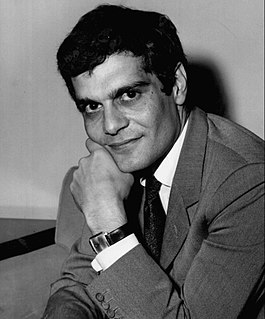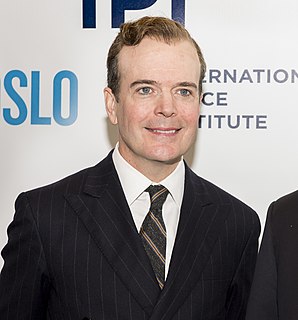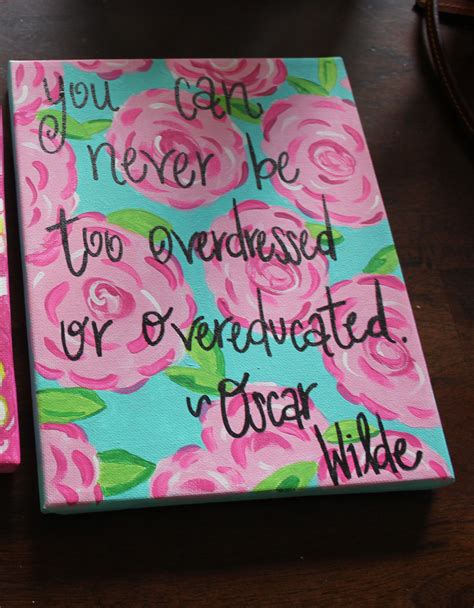A Quote by Mira Nair
I've loved 'Vanity Fair' since I was 16 years old. You know, we're all colonial hangovers in India, steeped in English literature. It is one of these novels that I read under the covers at my convent boarding school in Simla.
Related Quotes
I was 16 years old, attending boarding school, and I loved Pride and Prejudice. From the opening pages, I loved it. And I will say in my class, not one but two boys told me that I reminded them of Lizzy Bennet. I didn't realize it at the time but this was the nicest thing that any male would ever say to me. This was as good as it got.
I changed my major to English literature, which was on the advice of my father. I finally said, "You know, Dad, to heck with it: I'm just going to be an actor. But I'm going to go to school." And he said, "Well, if you're going to go to school, then major in English literature. Those are the tools you are going to be working with as a man who's going to be acting in English, one would assume."
I'd studied English literature and American history, but the English literature, which I thought was going to be helpful to me in an immediate way, was the opposite. So I had to un-think a lot of things and move out of my own head, and I learned a lot. It was like graduate school, but an un-graduate school or an un-school.
I actually met one of my business partners [Neal Dodson] at the Governor's School summer program, so we've known each other since we were 15 and 16 years old, and we both ended up at Carnegie Mellon together. He started working for a producer out of school after a few years, and then we started the company together.






































